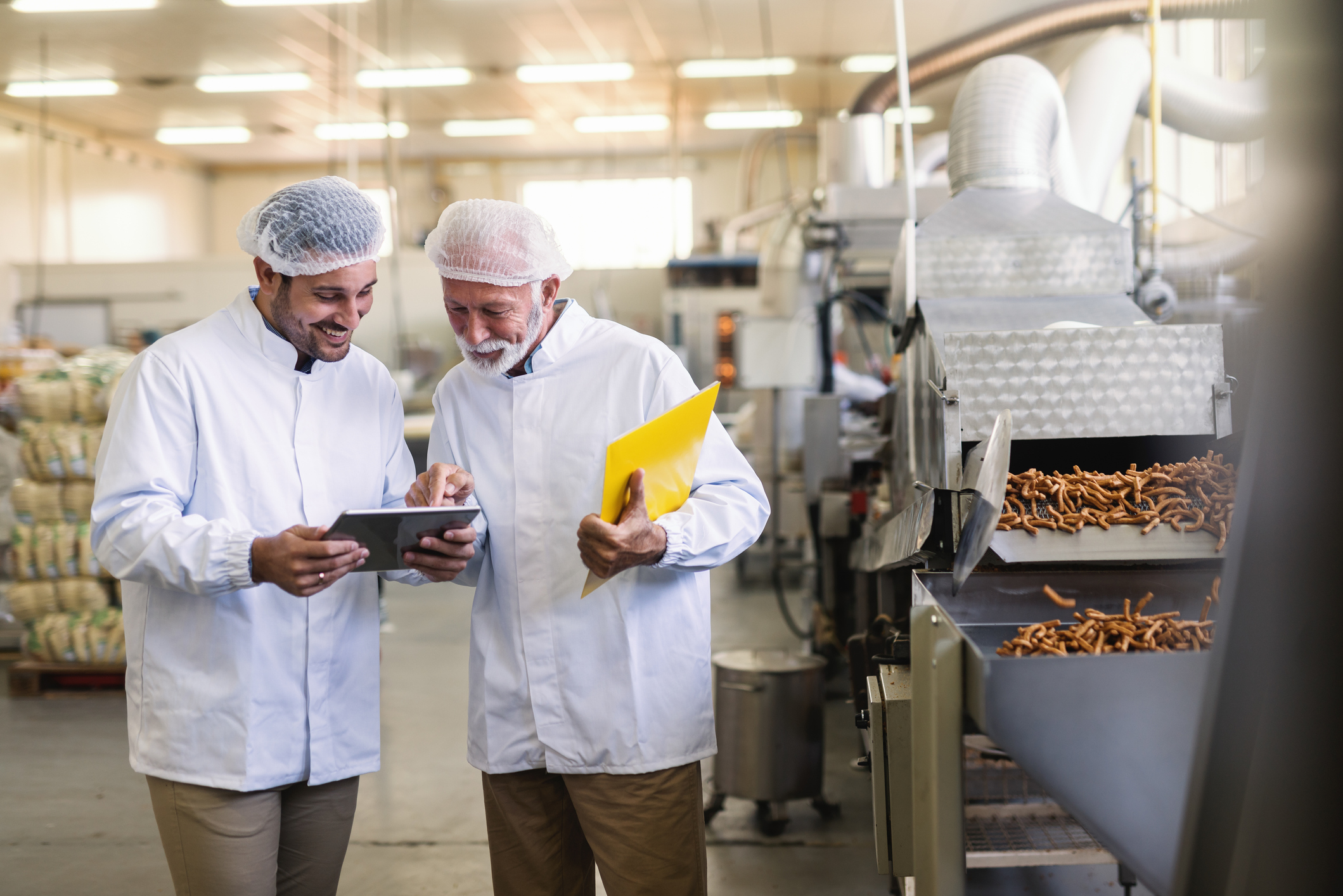Begin with the End in Mind!
It’s important to know your end-goal and work towards achieving it, as Stephen Covey aptly identified in his best seller ‘The 7 Habits of Highly Effective People’.
As a business owner you probably have at least a vague idea of the end-goal for your food or beverage business, for example passing your business on to younger family members or selling it to fund your lifestyle.
Sadly, however, many owners don’t properly plan for their inevitable departure from a business and are obliged to move on due to external factors or personal events before they are ‘ready’.
In the event of a business sale, this often means a forced sale and a lower sell price than the vendor would have liked to achieve.
1. Know Your Price
Ideally, you will know both the current market value of your business AND the price you want to receive if you ever sell the business (these numbers will change over time, so revisit them regularly!).
A business broker like Dale Wood Business Sales + Advisory can assist you in understanding the current market value and recommend qualified food industry business advisors to assist you in bridging the gap between the two figures.
2. Keep Your Financials Up to Date
Ask your accountant to finalise your tax return early, as the three most recent years of financial statements are vital to determining the current market value of your business.
Buyers will also be interested in the year-to-date figures, to ensure your business is tracking well for the current financial year.
Ideally, your financials will tell a positive story through an upward revenue curve and be relatively free of personal expenses.
Tim Sargent, lead Director of food services at Moore Australia, advocates identifying the products and customers that contribute most to your bottom line:
“Spending the majority of your time with these products and customers will provide the best outcome for you when trying to sell your business.
The other important issue is to know how much you really make out of each product and to continually innovate to improve the gross margin on an on-going basis.”
3. Diversify Your Customer Base
COVID has highlighted the reasons why your food and beverage business should not rely too heavily on a few major clients or a particular industry sector, such as tourism or events, which were both hit hard in 2020.
If business development is not your strength, seek help from an experienced food industry sales professional to grow and diversify your client base and protect your revenue.
You could also identify if there are opportunities to move your existing clients into an ongoing contract with a guaranteed revenue, as this is always viewed favorably by buyers.
4. Boost Your Brand
Your branding will often influence a buyer’s first impression of your food business, so continually analysing and refreshing all aspects of your brand (including your online presence) is crucial to supporting your brand value.
Marc Makrid, of strategic consultancy Marc Makrid & Associates advises growing the goodwill (or ‘reputational value’) of a business to increase its market value:
“Reputational value is when people pay a premium for a brand, over and above what the numbers tell you. There are so many areas that can strategically and proactively drive value that many businesses are not even looking at and can be tangibly applied and measured”.
5. Reassess Your Role
If you are central to the operations of your food or beverage business but don’t want to continue working in the business as an employee after the sale, you may need to review your role.
Buyers are often concerned that the business expertise and key client relationships will walk out the door when the owner leaves, and this can reduce the final sales price of a business.
Ensure your job role and work activities are documented and shared with other team members and consider implementing a cloud-based database to keep track of your customer information and interactions.
If finances allow, perhaps even consider replacing yourself with a new employee who can manage the business on behalf of the new owner.
6. Maximise Your Premises
A long-term lease with options to renew will generally be attractive to buyers, especially if your food business has significant plant and equipment that cannot easily be moved, or a retail frontage that delivers a reliable profit.
Old and tired-looking premises can also deter buyers, so consider improving the presentation of your business before putting it on the market. DLF Creative’s David Fazzalari recommends keeping it clean and de-cluttering:
“The spaces we work in affect our thinking and make us feel a certain way. We judge a business based on its surroundings. If it’s not for sale, doesn’t assist a sale, or doesn’t add value to a sale, it doesn’t belong there. You may even find you have more room than you need!”
7. Strengthen Your Workforce
Written job descriptions and employment contracts, streamlined payroll and rostering processes, staff development programs, and a positive company culture will all contribute to your staff wanting to stay with the business after you’ve left.
Ensuring your food business has a robust workforce will give buyers confidence and ultimately boost your bottom line.
Dale Wood Business Sales + Advisory offers complimentary market value appraisals for Food South Australia members. For further information, please contact Emily Troon on 0410 697 664 or email emily@dalewood.com.au for a confidential discussion.
